

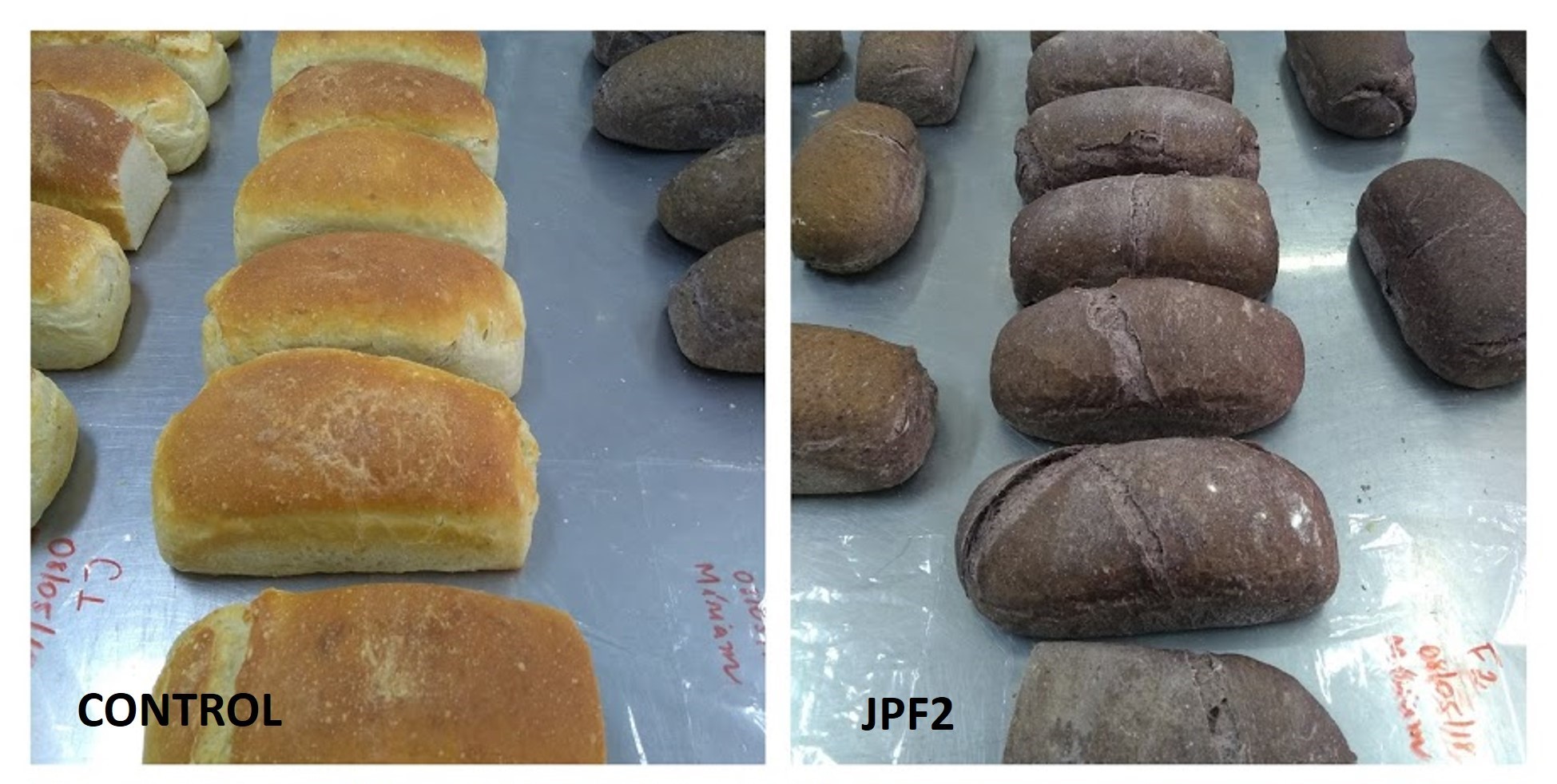
Consumption of bread supplemented with jabuticaba peel flour, which is rich in fiber and antioxidants, lowers glycemic peaks and prolongs satiety.
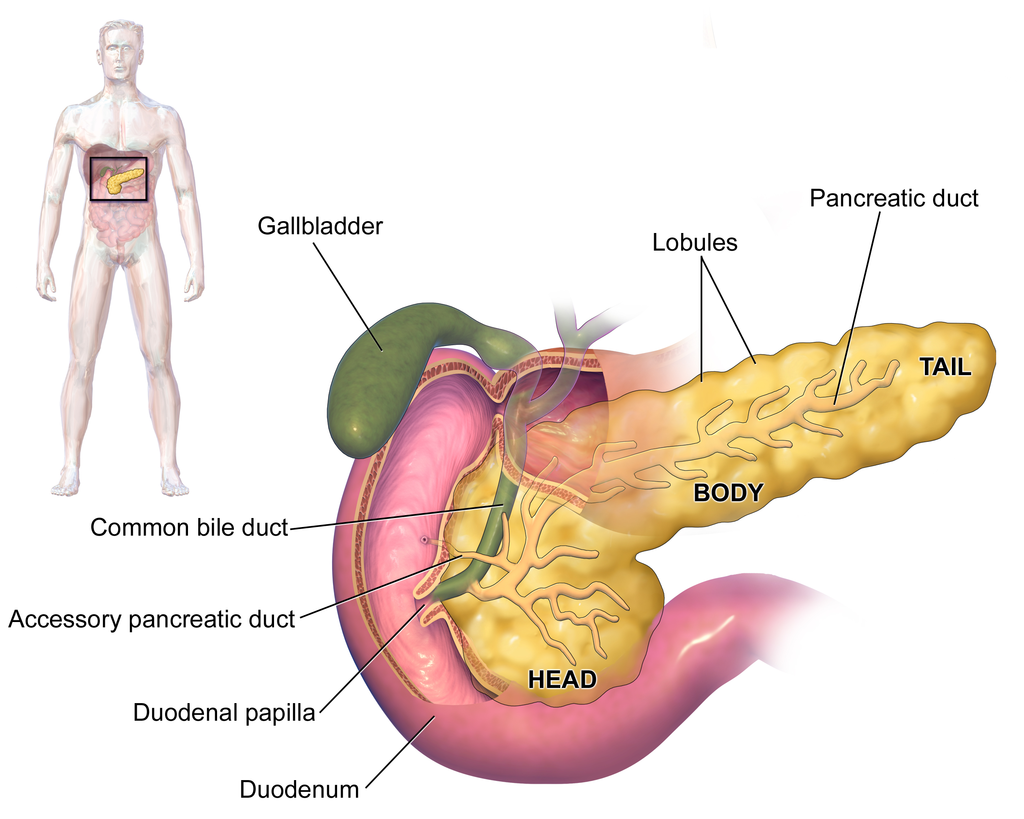
The pioneering initiative by scientists at the University of São Paulo aimed to promote early diagnosis and improve treatment of the disease, which is relatively infrequent but one of the leading causes of death from cancer in Brazil.
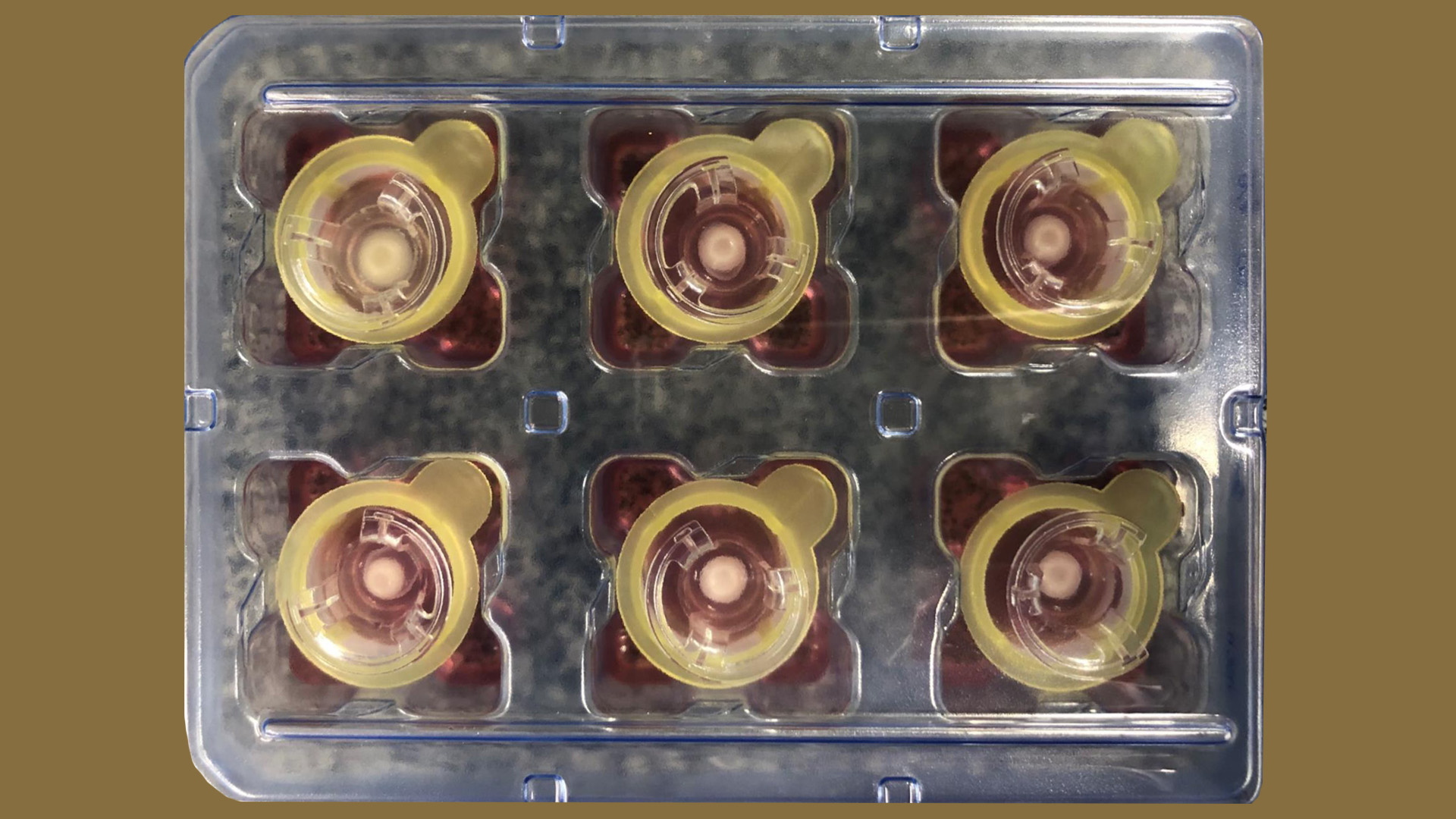
In vitro model has all three layers of the organ, simulates diseases and injuries more accurately, and could replace animals in toxicological studies of medicines and cosmetics; innovation was presented at FAPESP Week Spain.

Researchers at the University of São Paulo analyzed data from 89 mother-father-baby triads and concluded that the higher the father’s body mass index, the smaller the baby, and that this can influence the baby’s health far into adulthood.
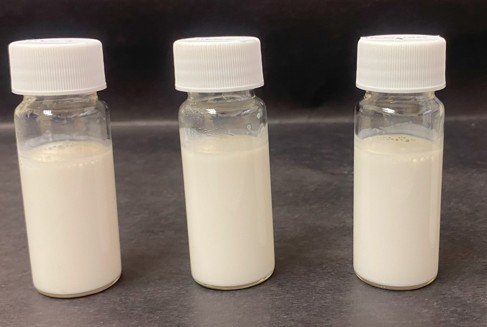
The strategy developed at the State University of Campinas consists of submitting the ingredient to heat treatment and combining it with guarana extract and vitamin D. The result could become an alternative to animal products.
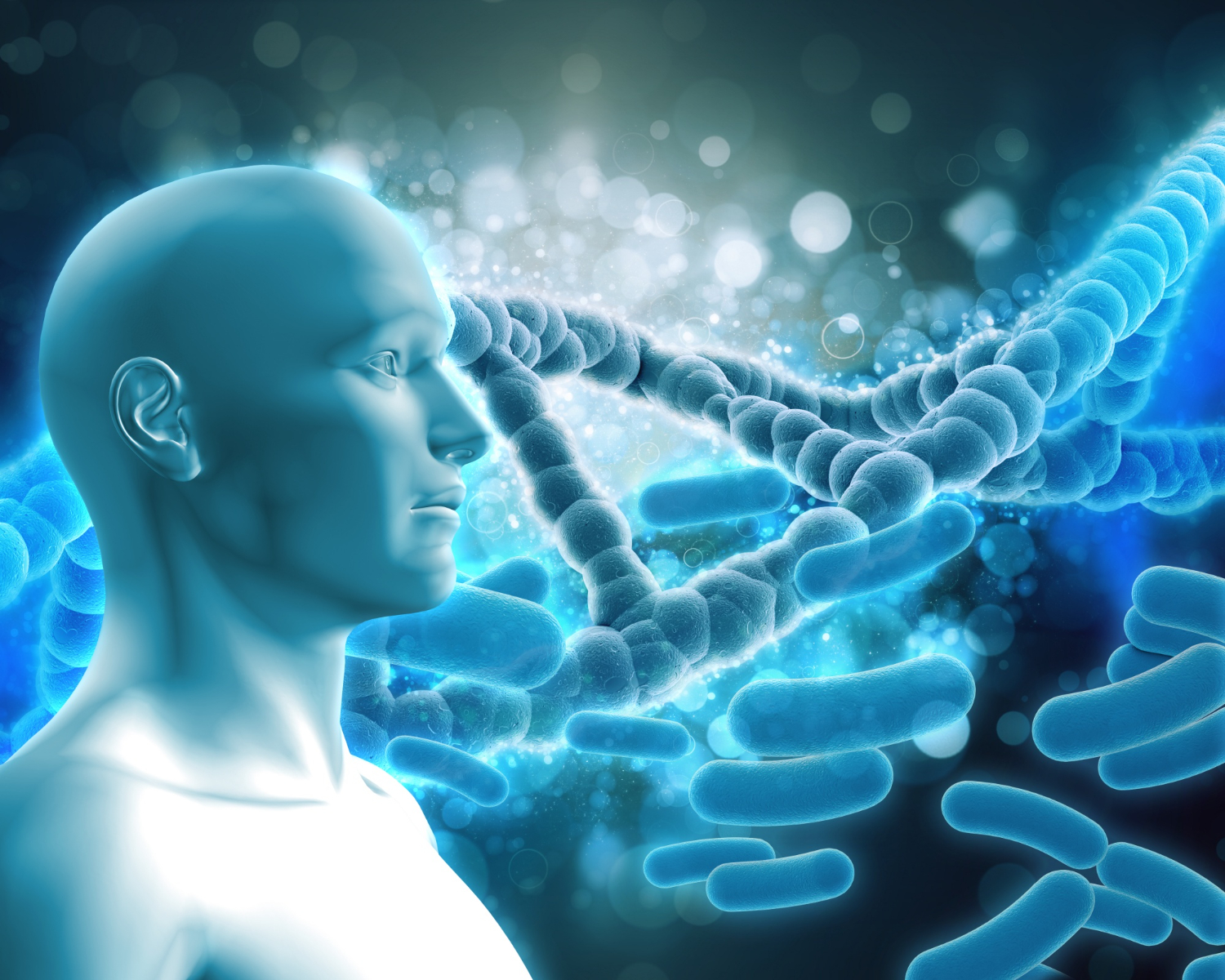
WHO advisory group publishes first article in scientific journal outlining challenges and actions that can help make the field more equitable and promote progress in the prevention, diagnosis and treatment of various diseases, including rare ones.
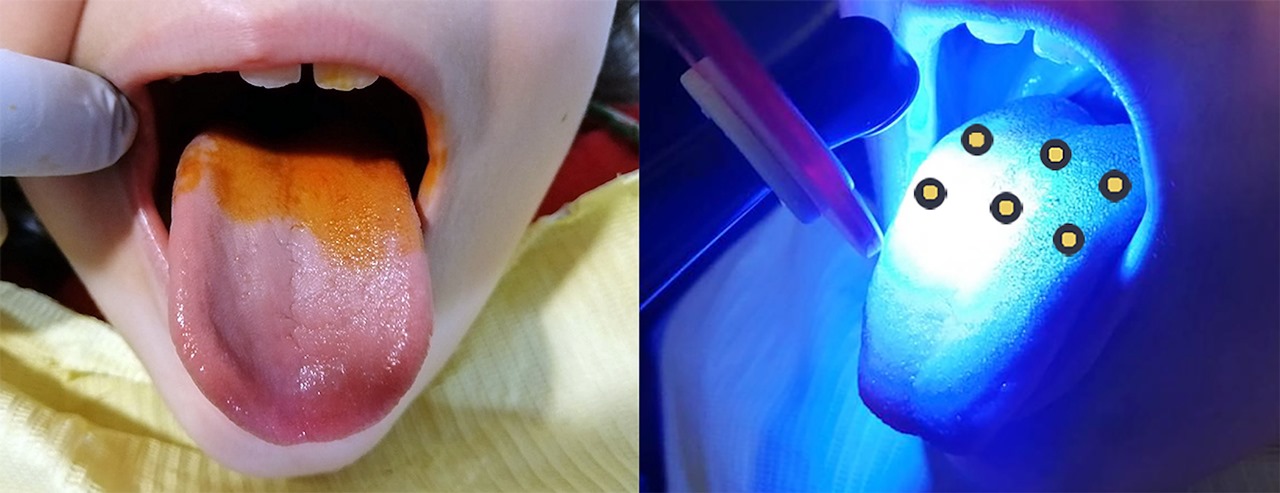
The study involved 52 mouth-breathing children aged 6-12 with halitosis. The results are published in PLOS ONE.
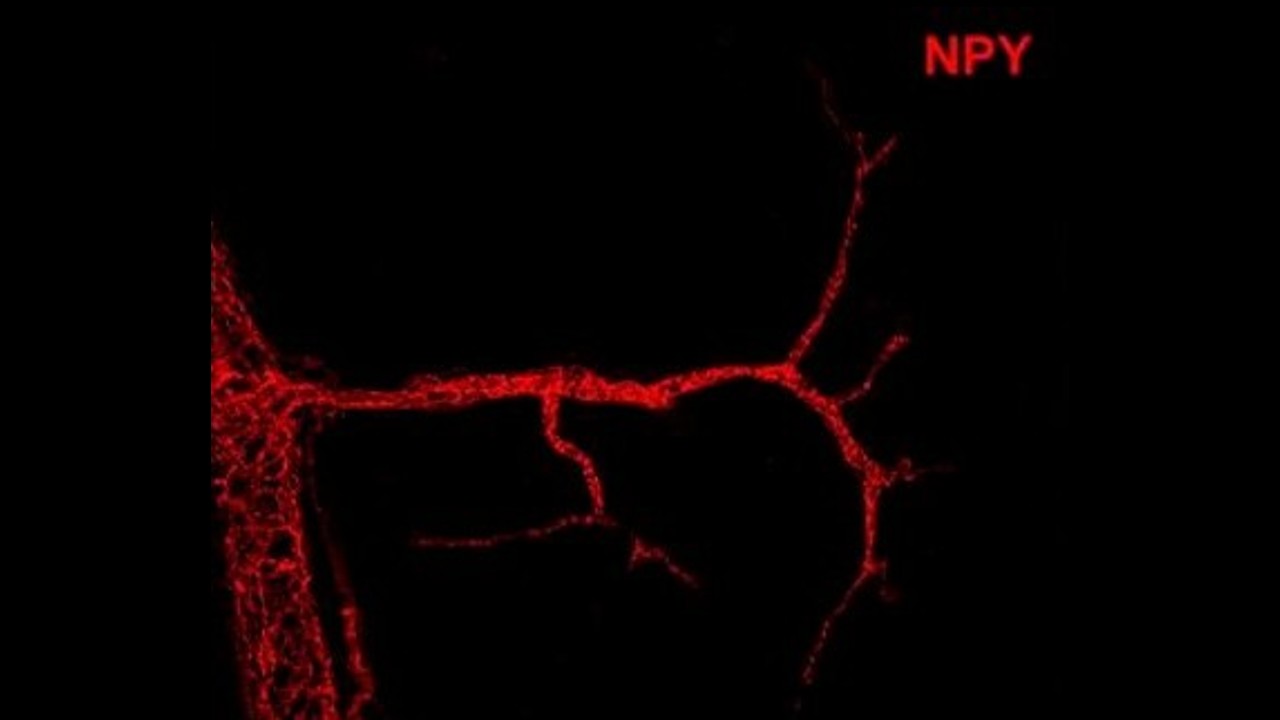
Researchers from the University of Oxford and the State University of Campinas have discovered a neuropeptide that acts on the peripheral nervous system, outside the brain, to speed up metabolism. The finding opens the way to more efficient and cheaper treatments for obesity.

Researchers at the University of São Paulo found 62 proteins specific to spores of Aspergillus fumigatus, a fungal species that causes lung disease. The study, published in Nature Microbiology, showed that at least one of these proteins inhibits human defense mechanisms.

São Paulo-based startup supported by FAPESP develops cheaper and more sensitive alternative to imported test kits.

Conclusion comes from study that followed more than 4,000 people aged 50 or older for 12 years; damage is mainly in brain areas associated with memory.
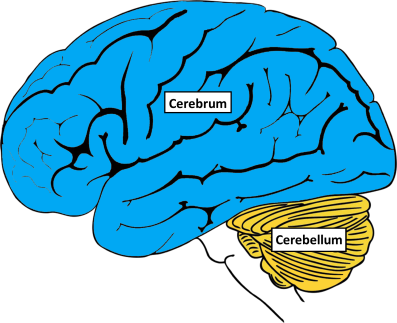
Discovery contributes to advances in understanding of the disorder; study is one of the most comprehensive on the subject, with samples from 1,600 patients, including Brazilians.

This particular strain of Klebsiella pneumoniae had previously been detected in the United States. The bacterium frequently causes infections in hospitals, is not eliminated by any existing antibiotic, and is especially dangerous for people with low immunity.

The study was conducted at the Federal University of São Paulo and involved 144 diabetic patients, who were treated with monochromatic infrared light and physical therapy.
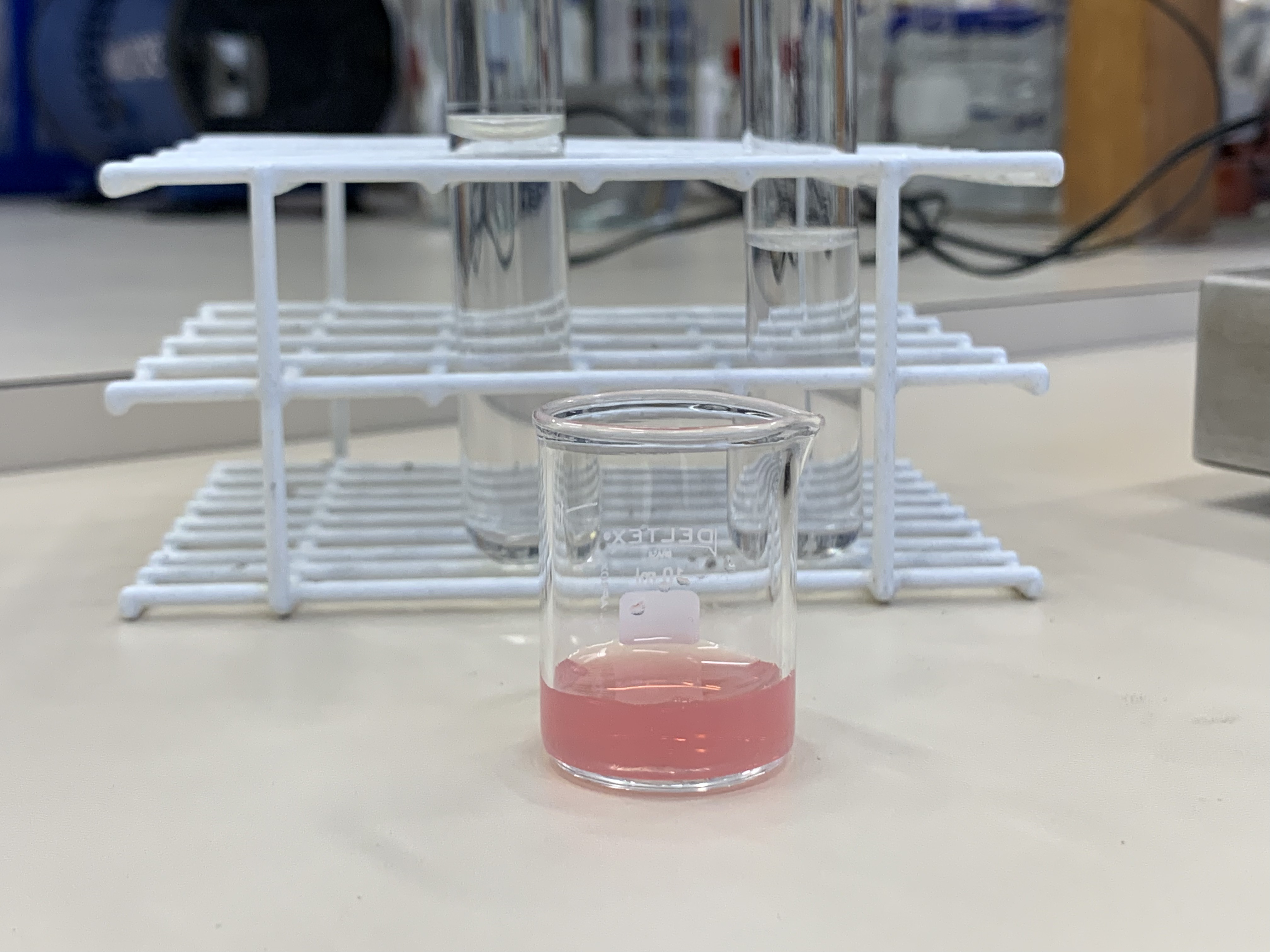
Plant-based pigment with antioxidant and anticancer properties breaks down easily in the gastrointestinal tract and under adverse environmental conditions. To avoid the problem, researchers at the University of São Paulo inserted the compound into pectin-coated nanoparticles, enhancing its bioavailability.
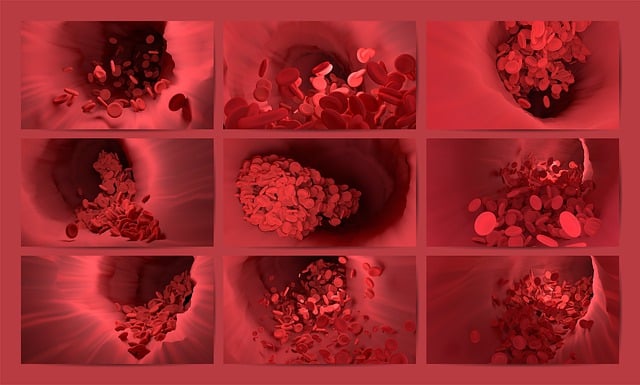
Discoveries by Brazilian researchers belonging to a FAPESP-supported research center could lead to strategies to prevent cardiovascular disease associated with diabetes.
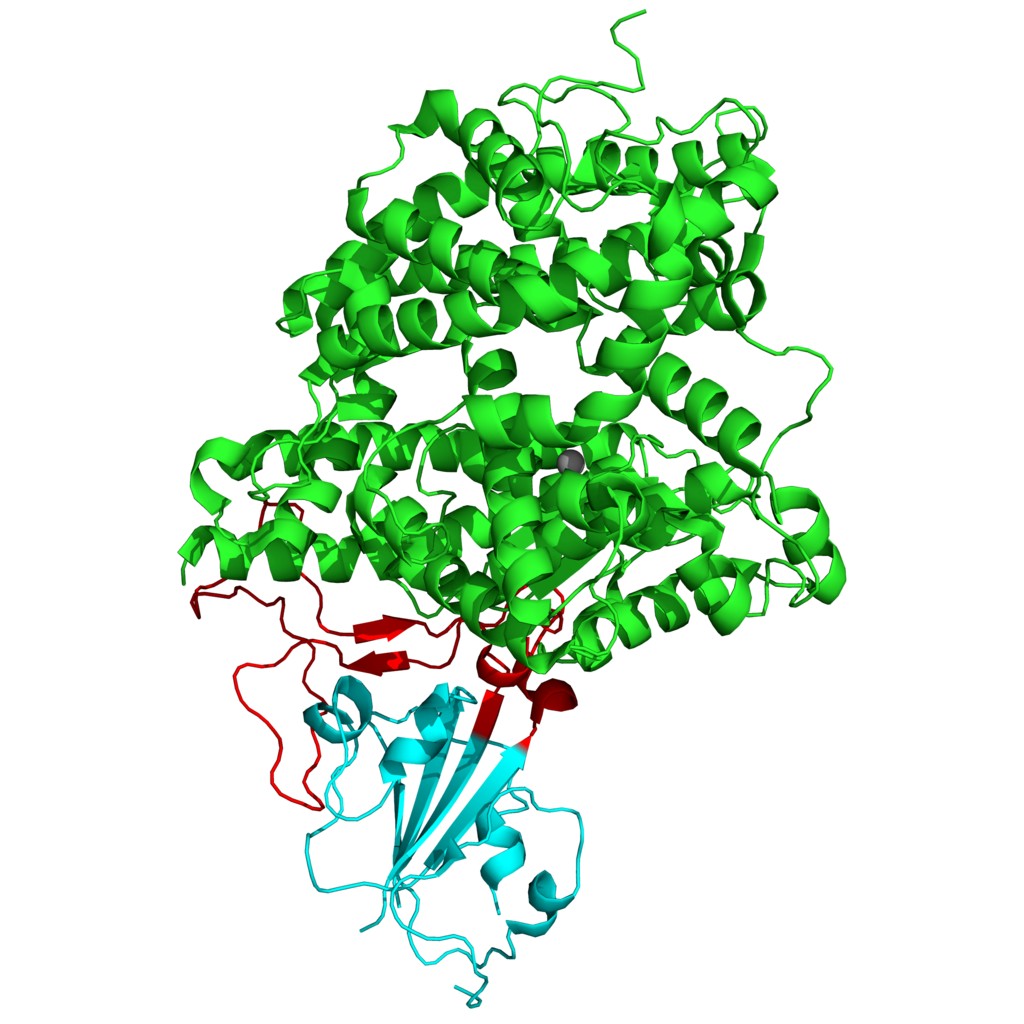
A review article by researchers at the State University of Campinas and Baylor College of Medicine discusses relationships between these two conditions, identifying biomarkers that can help clinicians make a differential diagnosis.
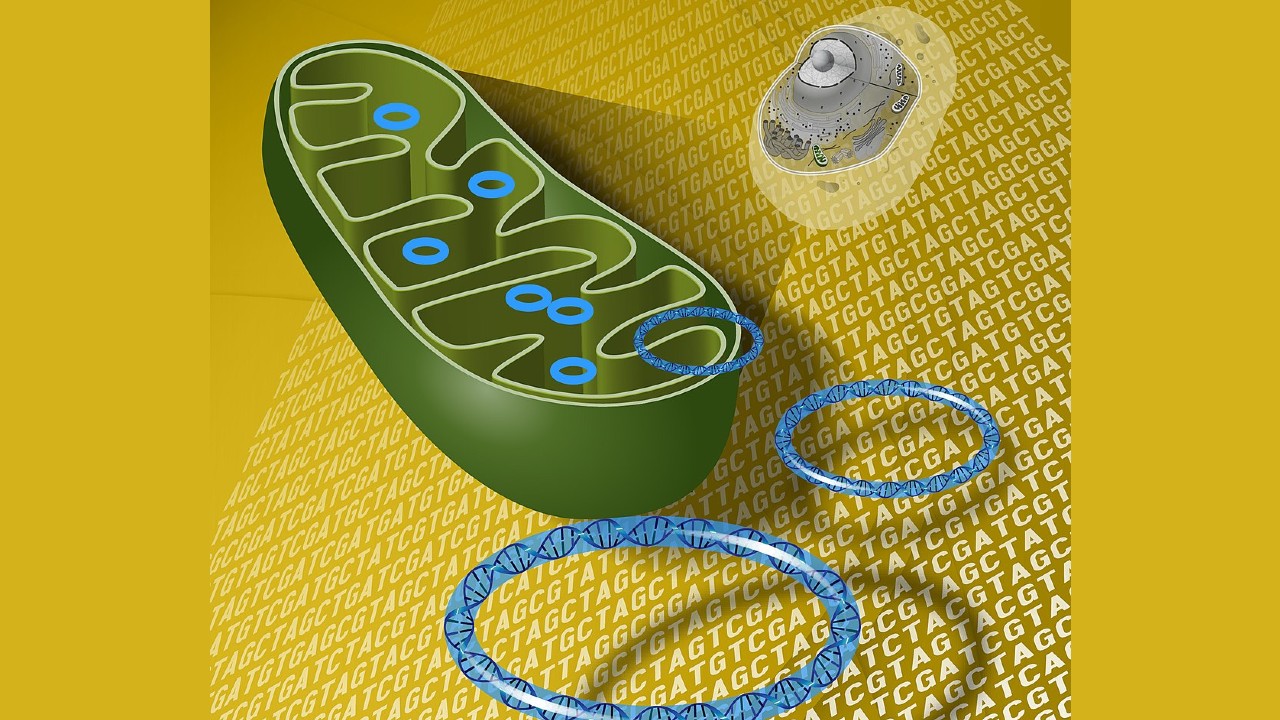
The mutations were mapped by a group at the Federal University of São Paulo and collaborators in an analysis of mitochondrial genomes. Thirteen increase the risk of ALS and 38 are protective.

The platform, which was developed with FAPESP’s support, uses a clinical protocol based on cognitive behavioral therapy. The startup responsible participated in a business delegation to FAPESP Week Italy.

Vertical eye movements increased body sway in an experiment involving volunteers with the disease conducted by researchers at São Paulo State University (Brazil) and the University of Lille (France).

Material was compared with conventional dentifrice through in vitro tests on bovine teeth.
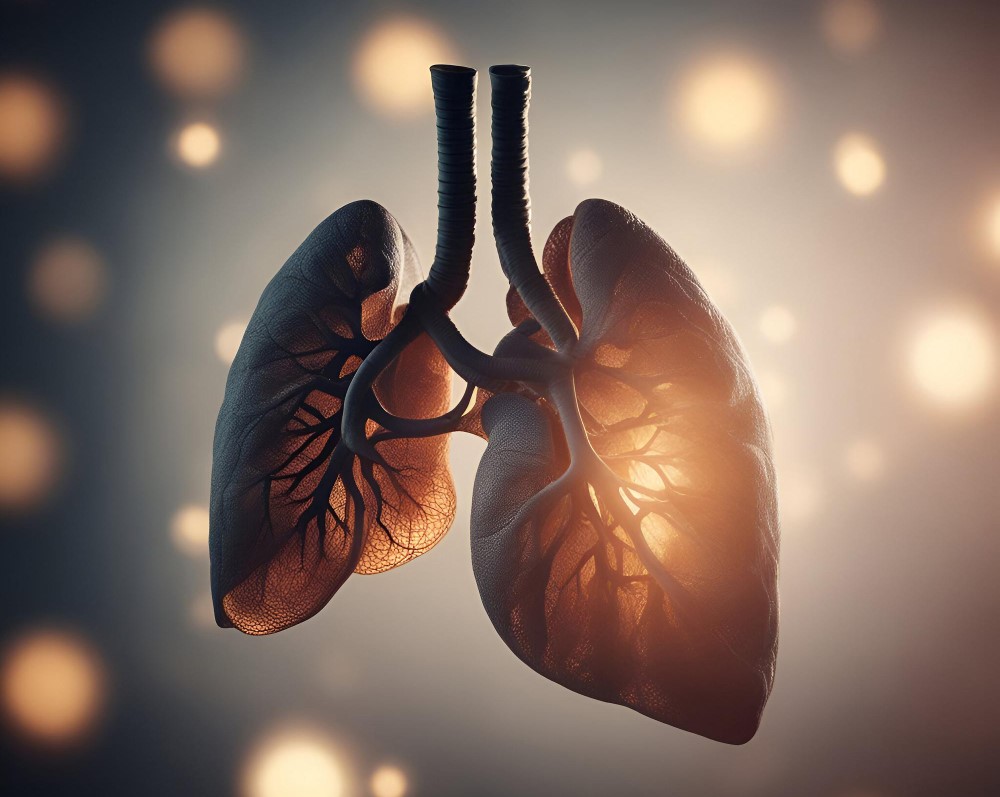
In a study of patients with metastatic lung cancer and cachexia, researchers at the University of São Paulo and Harvard Medical School found that treatment was more likely to succeed in physically fitter patients.
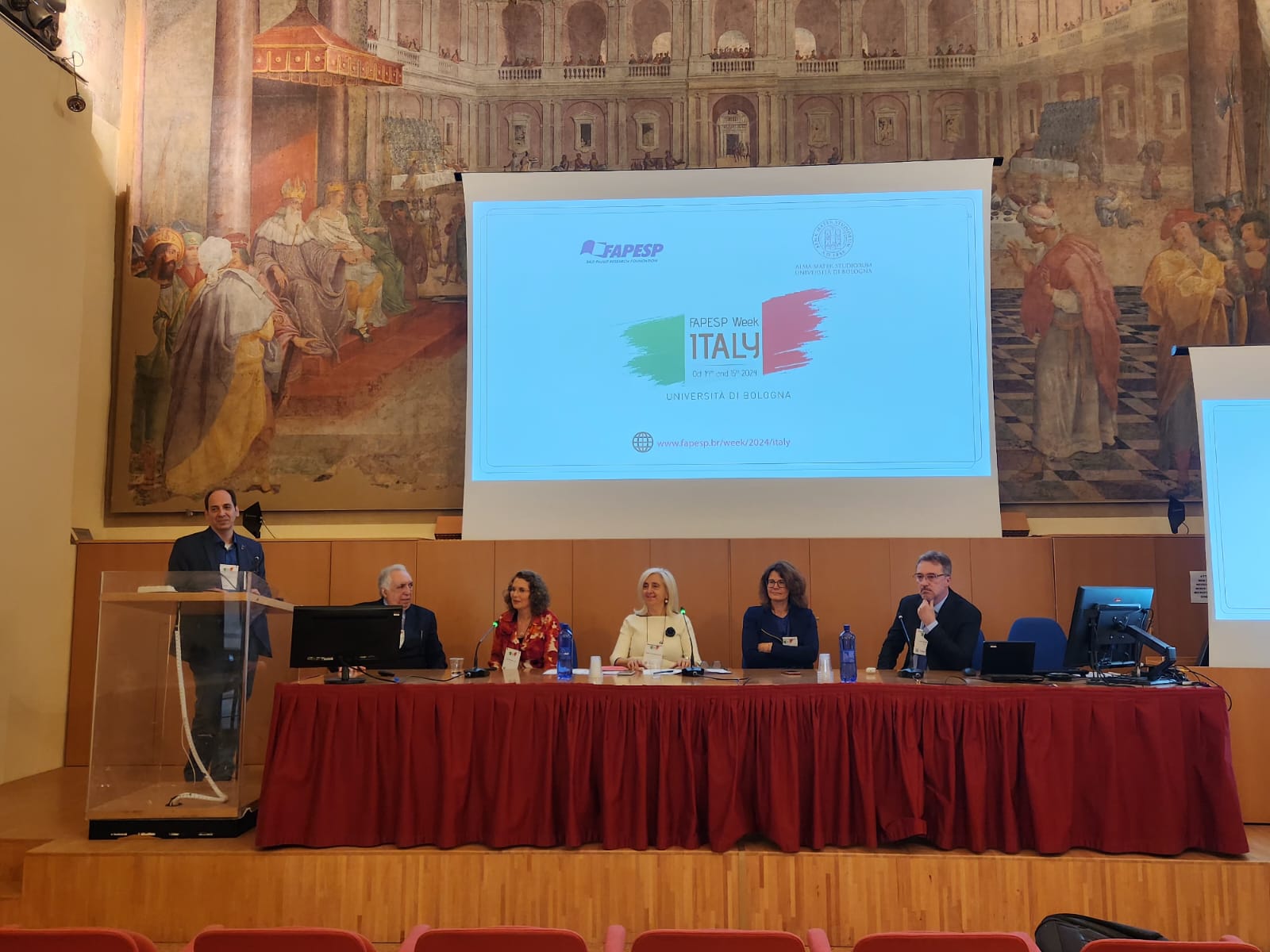
One of the raw materials studied by the group is cashew nut shell liquid, a by-product of oilseed processing; work was presented during FAPESP Week Italy.
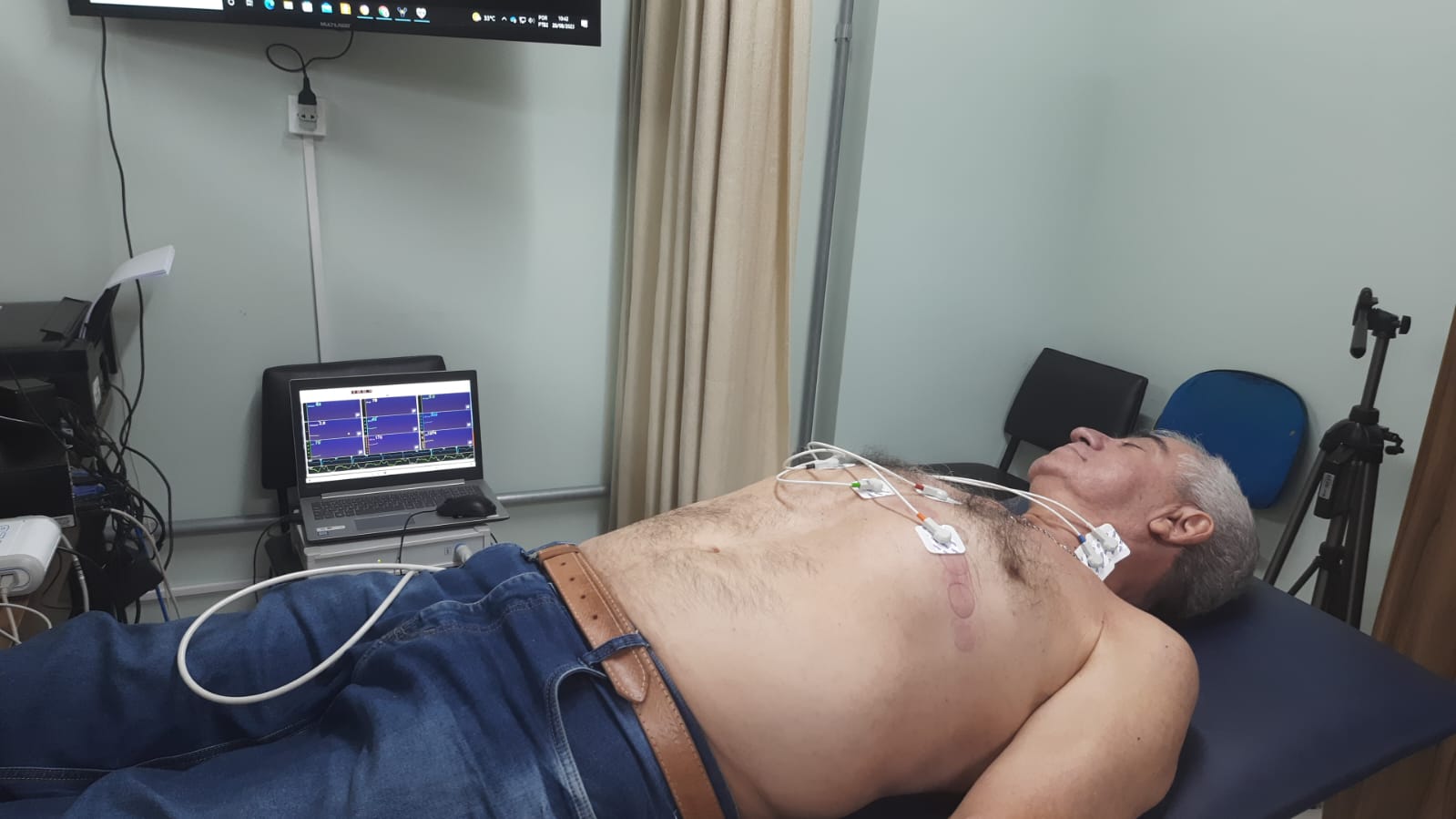
The study was conducted at the Federal University of São Paulo and involved 731 over-sixties. It is the first to demonstrate the effects of high blood pressure on lung mechanics. The findings highlight the benefits of regular physical exercise for partial protection of the lungs.
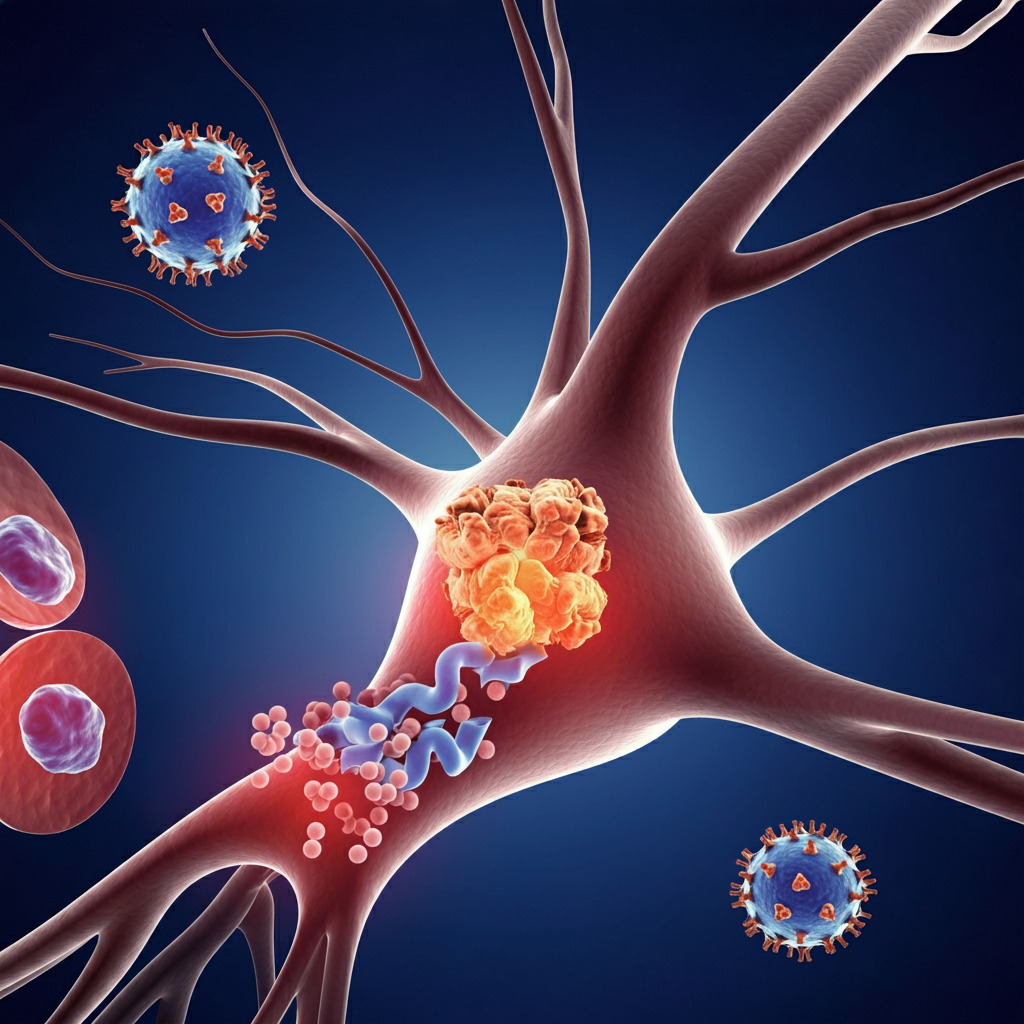
Through experiments in mice infected with a herpes virus, scientists identified an immune system sensor that recognizes viral fragments and activates neurons responsible for pain, independently of inflammation. The discovery paves the way for novel analgesic treatments.